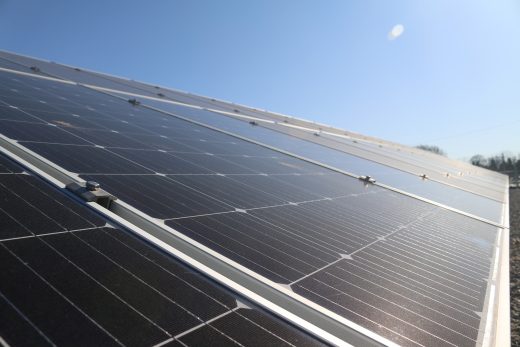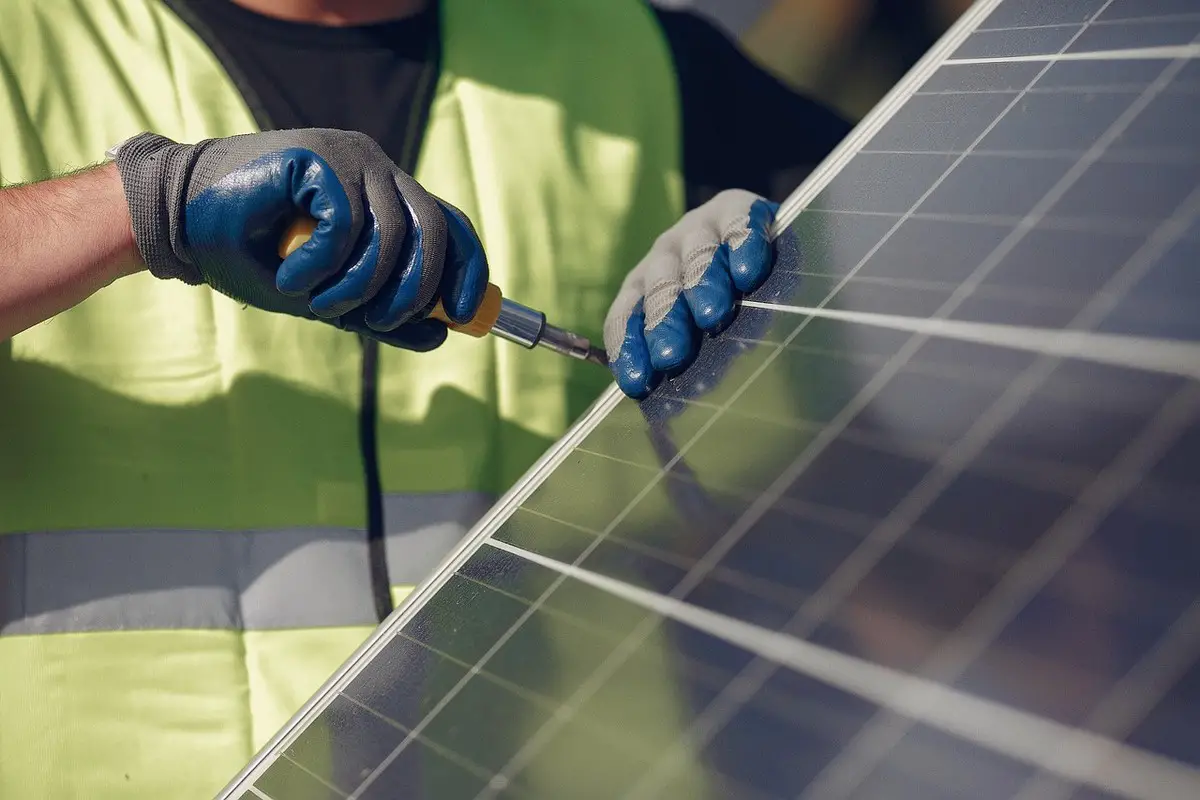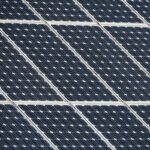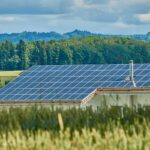Understanding the basics of solar energy, Installing panels on your roof, Modern home photovoltaics design, Building PV electricity
Understanding the Basics of Solar Energy
4 March 2024
Understanding the Basics of Solar Energy and How Solar Works
Are you looking to reduce your carbon footprint and cut down on hefty energy bills? Then solar energy may be a ray of hope for you.
Harnessing the power of the sun to supply our electrical needs can be a game-changer for eco-conscious homeowners. But understanding the finer points of solar can be like trying to decode another language.
Fear not! In this article, we’ll shed light on the basic principles of solar power. We’ll identify how solar works and its benefits.
What Is Solar Energy?
Solar energy is radiant light and heat from the sun. It harnesses this energy using a range of ever-evolving technologies. This includes solar heating, photovoltaics, solar thermal energy, and more.
It’s a clean, renewable energy resource with impressive growth potential. It is capable of meeting many times the current global energy demand.
How Solar Works
Solar energy works by capturing the sun’s rays and converting them into usable electricity. This is done through photovoltaic cells, which are typically made of silicon.
When sunlight hits these cells, it causes a flow of electrons, generating an electric current. This current is then converted into alternating current (AC) power. It can be used to power homes and businesses.
But solar energy isn’t just limited to producing electricity. It can also be used for heating and cooling purposes through the use of solar thermal systems. These systems use the sun’s heat to warm water or air for household use.
Components of a Solar System
To understand how solar energy operates, it’s critical to grasp the components that make up a solar system.
Solar Panels
Solar panels, or photovoltaic (PV) modules, are the most recognizable part of a solar system. They absorb sunlight and convert it into electricity.
If you want to continue exploring the details of solar panels, you can always look at the websites of different solar installation companies. They can provide you with more information on the technical aspects of solar panels and how they function.
Inverters
Inverters are responsible for converting the direct current (DC) electricity produced by solar panels into usable AC power. They also regulate the flow of electricity to and from the grid.
Racking System
Racking systems hold solar panels in place on rooftops or ground-mounted systems. They also provide ventilation to prevent overheating and maximize energy production.
Batteries
Batteries store excess energy produced by solar panels, allowing for use during periods of low sunlight or at night. This feature provides energy independence and can save money on electricity bills.
Monitoring System
A monitoring system tracks the performance of a solar system. It provides real-time data on energy production and consumption. This allows homeowners to optimize their system’s efficiency and identify any potential issues.
Benefits of Solar Energy
The rise of solar energy has been driven by its numerous benefits. This includes the following:
Cost Savings
One of the biggest draws to solar energy for homeowners is the potential to save significantly on energy costs. With a properly sized solar PV system, you could eliminate or drastically reduce your electricity bills.
Environmental Impact
Solar energy systems generate clean, pure power from the sun – the most abundant renewable energy source available. By offsetting carbon emissions, every installation helps fight the effects of climate change.
Energy Independence
Relying on solar power can help homeowners achieve a measure of independence from utility companies. This is particularly appealing during times of energy crisis or when utility prices increase.
Enhanced Property Value
Homes equipped with solar energy systems often see a significant increase in their property value. Prospective homebuyers value the benefits of an installed solar system. This makes solar-equipped homes more attractive on the market.
Reliability and Low Maintenance Costs
Solar energy systems are renowned for their durability. They require minimal maintenance over their operational life, typically 25 to 30 years. Most solar panels come with a warranty of 20 years or more, ensuring their reliability.
The only significant maintenance is keeping them relatively clean. So they are a low-maintenance option for homeowners.
Support From Government Incentives
Many governments worldwide offer substantial incentives to encourage the adoption of solar energy. These can include tax breaks, rebates, and feed-in tariffs for surplus energy fed back into the grid.
These incentives not only lower the initial investment required. They also improve the economic returns of installing solar panels.
Job Creation and Economic Benefits
The solar power industry has been a significant source of job creation, from manufacturing to installation and maintenance of solar systems. These jobs contribute to the economy and support local communities.
As the demand for solar energy grows, it stimulates technological innovation and investment in renewable energy infrastructure. This further strengthens economic development.
Stabilization of Energy Prices
Solar energy can play a crucial role in stabilizing and reducing energy prices over time. By increasing the supply of renewable energy, it can help offset the volatility of traditional fossil fuel prices.
Common Barriers to Solar Adoption
Despite its many benefits, several barriers can hinder homeowners from adopting a solar panel system. These include the following:
Initial Cost
The upfront cost of solar panel installation can be significant. This can make it difficult for some homeowners to afford, even with government incentives.
Location and Roof Space Constraints
For optimal efficiency, solar panels should be installed facing south with minimal shade. Not all homes have the optimal location or roof space for solar panel installation.
Perceived Complexity
For many, the technology and terminology around solar energy can seem daunting. However, reputable solar installation companies can demystify the process. They provide clear information and guidance every step of the way.
Climate Misconceptions
There’s a common misconception that solar panels are only effective in hot, sunny climates. In reality, solar panels can produce significant energy even on cloudy days. Cooler climates can enhance solar panel performance by reducing the risk of overheating.
By addressing these barriers head-on, homeowners can feel more empowered to make informed decisions about switching to solar energy. With the right resources and support, solar energy can be an accessible and practical option for many.
Join the Green Revolution With Solar Energy
Solar energy is a game-changer for homeowners looking to reduce their environmental impact and cut down on energy costs. It offers numerous benefits, from cost savings to environmental sustainability.
So why not join the green revolution and harness the power of the sun for a cleaner, brighter future? Hire professional solar installation services today. Embrace solar energy and pave the way towards a more sustainable future.
Did you find this article on how solar works helpful? If so, check out the rest of our site for more.
Comments on this guide to Understanding the basics of solar energy – installing panels on your roof article are welcome.
Solar Panels Articles
Solar Panels Posts
Integrating solar panels in modern home design

image source : pixabay.com
How to set up solar panels in a commercial building
Before Installing Solar Panels
Types of roofing for solar panel installation
Building
Residential Architecture Articles
Comments / photos for the Understanding the basics of solar energy advice page welcome.



